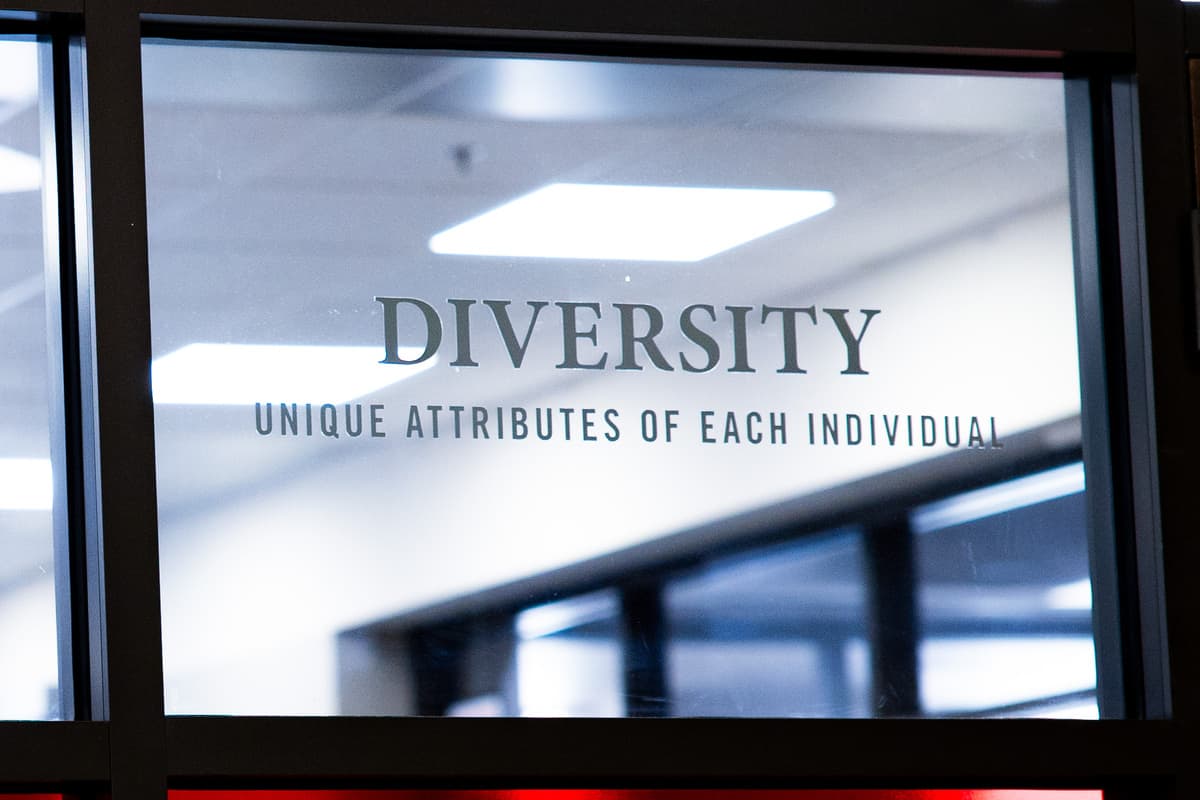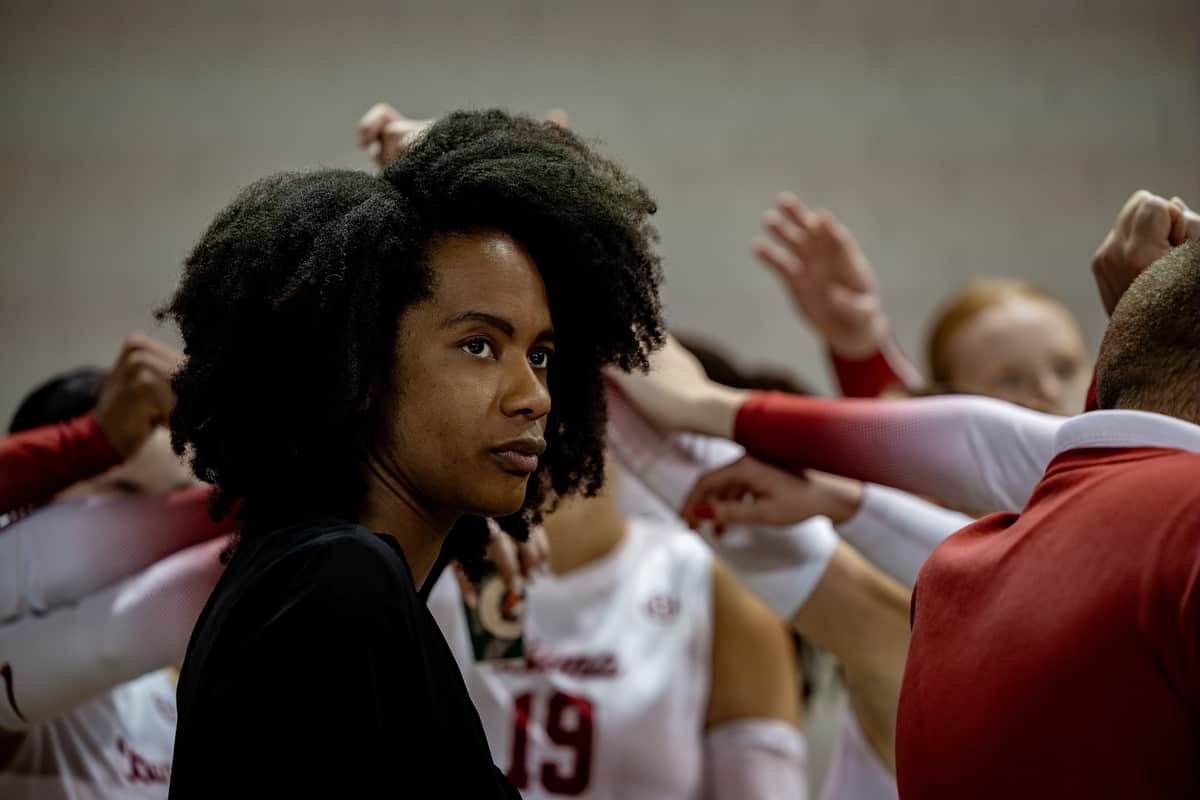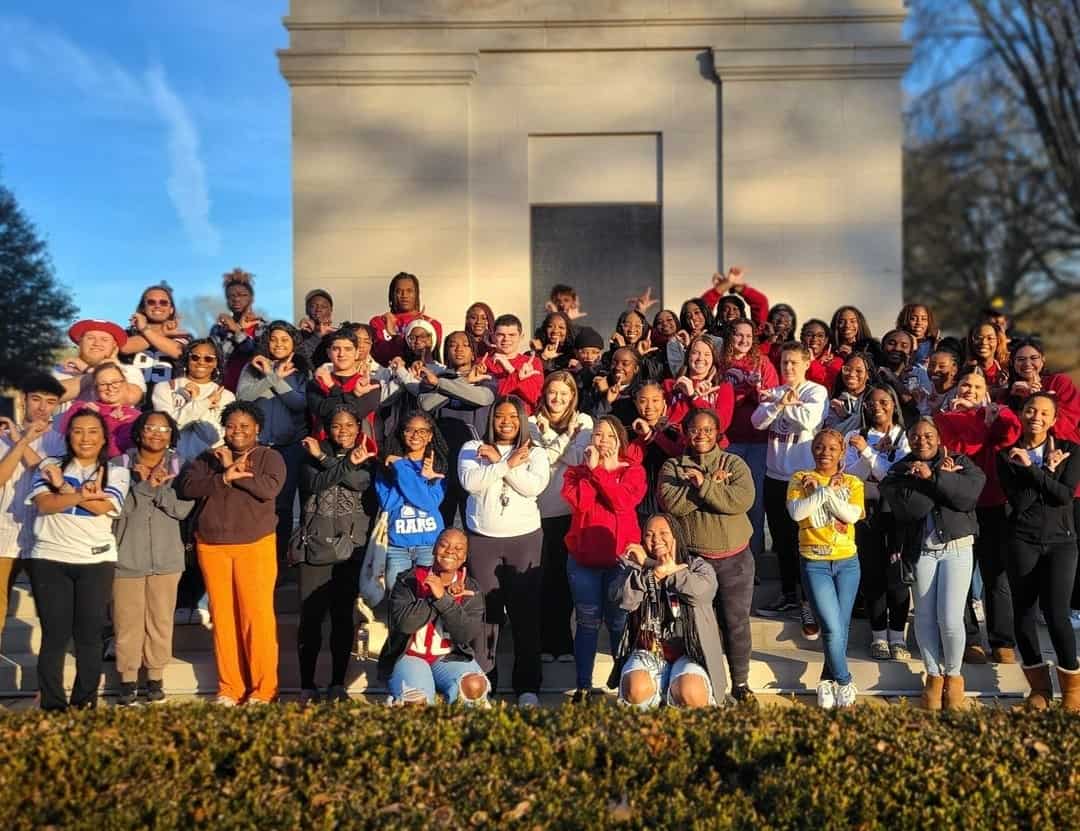Alabama is one of 20 states considering restrictions on diversity, equity and inclusion initiatives in this year’s spring legislative sessions.
Republican-led legislatures around the country are considering several bills this year that would regulate divisive concepts in government institutions, cut state-sanctioned DEI programs and prohibit discussion of so-called divisive concepts in the classroom.
In 2023, the legislation was approved 9-3 in a committee of the state House but failed to pass in the Senate.
This legislative session, however, Republican lawmakers have decided to take a different route. On Wednesday, Sen. Will Barfoot, R-Pike Road, introduced a revised version of the divisive concepts bill, Senate Bill 129, in front of the Senate. A revised version has passed in the Senate and now awaits a vote in the state House.
This is the third consecutive year that Alabama Republicans have proposed restrictions on DEI initiatives. In 2022 and 2023, state Rep. Ed Oliver, R-Dadeville, introduced legislation banning the promotion of “certain concepts” related to race, sex and religion in public schools and universities.
Students and faculty have begun to question how the University will adapt the legislation if passed. Richard Fording, a political science professor, believes that the legislation being debated at all is concerning.
“I think it’s awful,” he said. “I think this is part of a national movement coming from the right and the Republican party, and a lot of it is based in ignorance as well as some intolerance.”
According to the original version of SB 129, divisive concepts are defined to include, for instance, the belief that any race, color, religion or national origin is inherently inferior or superior; the assignment of worth, morality and oppression based on race; and assertions that slavery and racism are aligned with the founding principles of the United States.
The legislation would also prevent students from using a bathroom that does not align with the sex they were assigned at birth.
Additionally, the bill would prohibit public entities from maintaining DEI offices and sponsoring DEI programs.
The section about discussion of slavery and U.S. history has been removed from the version of the bill that passed, and some Title IX protections have been added as well.
The bill clarified that it will not prohibit state agencies from promoting “racial, cultural and ethnical inclusiveness,” so long as state agencies do so in a way that complies with the bill; prohibit the teaching of topics or historical events in a historically accurate context; or bar student, faculty and staff organizations from hosting DEI programs or holding discussions about divisive topics.
However, these organizations may not use state funds to hold these events, and they must identify the sponsors of these events at the event and in its advertisements.
Oliver believes that the changes made to the bill will benefit college students statewide.
“I think the farther we move away from DEI, the more it will help students in general. We would like to be about two years ahead of a fad if we could,” Oliver said. “All of the things that are hot-button issues we see today, post George Floyd, will start to dissipate within the next year or two. That’s just the way things flow.”
Kiana Younker, a master’s student in theater with a concentration in arts management, believes that if passed, the banning of state-funded DEI initiatives could harm minority students.
“This would be an incredibly dangerous initiative that jeopardizes the safety of not only BIPOC individuals on campus but also LGBTQIA+ and international student programs,” Younker said. “Some majors might cease to exist under that legislation.”
Fording said that this all stems from a misunderstanding about what DEI is.
“There are a lot of exaggerated claims about what it is that DEI means,” Fording said. “There is also misinformation about what critical race theory means, and this whole idea of divisive concepts. It’s just interesting to me that if we’re going to be free speech and freedom of expression, that should include left and right at the very least. You can’t implement it just for one side.”
Cassandra Simon, an associate professor in the School of Social Work, said the bill reflects a misinterpretation of higher education and its purpose.
“The bill, like similar legislation, is based on narrow thinking,” Simon said. “I view it as is a kitchen sink of bias, fear, misunderstanding, and attempt to control education, what it entails and how it is put into practice.”
Bryan Fair, a professor in the law school, believes that the University is not doing enough to combat the potential legislation.
“If I were the university president, I would be fighting for diversity and inclusion and honoring a principle of equity,” Fair said. “I would explain why this university has a special obligation to do more than perhaps other universities in the country. And I would always be prepared to go to court to defend the principle of fairness and equity and dismantling systemic racism.”
Fording hopes to hear more support from administrators for campus diversity.
“If this legislation passes, I really hope there will be more vocal leadership from the very top of the university administration to sort of reaffirm their commitment to diversity,” Fording said.
Fording questioned the next steps for the University.
“What can be done about it?” he asked. “If enough of us on our campus, students and faculty, agree that this is a problem, what can we do about it?”















